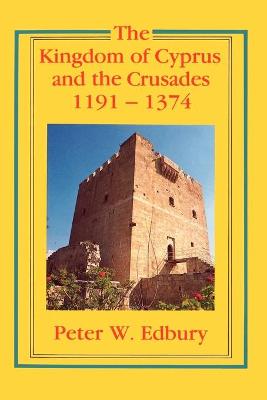The island of Cyprus was conquered from its Byzantine ruler by Richard I of England in 1191 during the Third Crusade, and remained under western rule until the Ottoman conquest of 1570-1. From the 1190s until the 1470s the island was a kingdom governed by the members of the Lusignan family. The Lusignans, who hailed from Poitou in western France, imposed a new European landowning class and a Catholic ecclesiastical hierarchy upon the indigenous Greek population. Nevertheless, their regime provided long periods of political stability and, until the late fourteenth century, a considerable period of prosperity. In the thirteenth century the island was closely linked to the Latin states in Syria and the Holy Land by political, social and economic ties and, with the fall of the last Christian strongholds to the Muslims in 1291, it became the most easterly outpost of Latin Christendom in the Mediterranean. This new study, which is based on original research, traces the fortunes of Cyprus under its royal dynasty and its role in the Crusades and in the confrontation of Christian and Muslim in the Near East until the 1370s. It is both a major contribution to the history of the Crusades in the Levant and the only scholarly study of medieval Cyprus currently available.
- ISBN13 9780521458375
- Publish Date 28 October 1993 (first published 26 April 1991)
- Publish Status Active
- Out of Print 24 June 2021
- Publish Country GB
- Imprint Cambridge University Press
- Format Paperback (US Trade)
- Pages 260
- Language English
